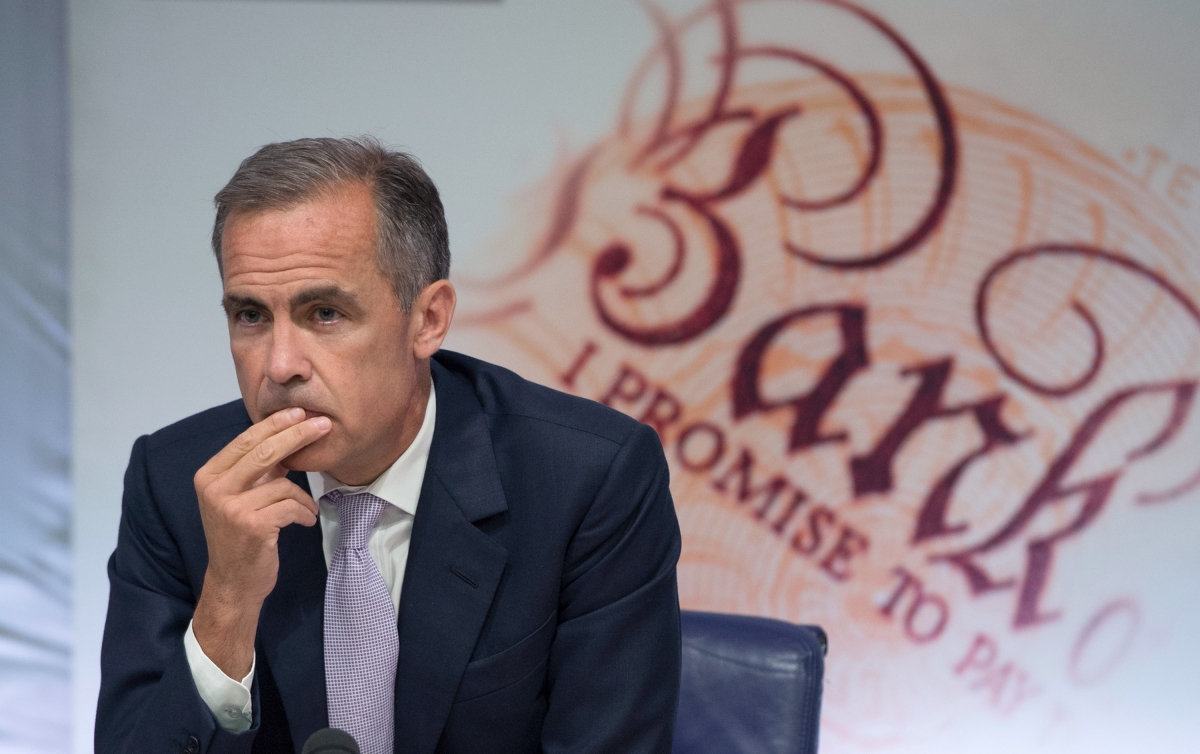 Mkuu wa Mkoa wa Kilimanjaro,Said Meck Sadiq pamoja na Mkurugenzi Mkuu wa Shirika la Hifadhi za Taifa (TANAPA) Allan Kijazi wakitia saini hati ya makabidhiano ya jengo la Bwalo la chakula katika shule ya sekondari ya Mwika jana wilayani Moshi,Jengo hilo limejengwa kwa ufadhili wa Tanapa kwa kushirkiana na Halmashauri ya wilaya ya Moshi pamoja na nguvu za wananchi ambapo jumla ya kiasi cha Sh Mil 186,494,890 zimetumika..
Mkuu wa Mkoa wa Kilimanjaro,Said Meck Sadiq pamoja na Mkurugenzi Mkuu wa Shirika la Hifadhi za Taifa (TANAPA) Allan Kijazi wakitia saini hati ya makabidhiano ya jengo la Bwalo la chakula katika shule ya sekondari ya Mwika jana wilayani Moshi,Jengo hilo limejengwa kwa ufadhili wa Tanapa kwa kushirkiana na Halmashauri ya wilaya ya Moshi pamoja na nguvu za wananchi ambapo jumla ya kiasi cha Sh Mil 186,494,890 zimetumika..  Baadhi ya Wanafunzi katika shule ya sekondari ya Mwika wakiwa katika hafla fupi ya makabidhiano ya jengo la Bwalo kwa ajili ya Chakula.
Baadhi ya Wanafunzi katika shule ya sekondari ya Mwika wakiwa katika hafla fupi ya makabidhiano ya jengo la Bwalo kwa ajili ya Chakula.  Mkurugenzi Mkuu wa Shirika la Hifadhi za Taifa (TANAPA) Allan Kijazi akimkabidhi hati ,Mkuu wa Mkoa wa Kilimanjaro,Said Meck Sadiq baada ya saini hati ya makabidhiano ya jengo la Bwalo la chakula katika shule ya sekondari ya Mwika jana wilayani Moshi,Jengo hilo limejengwa kwa ufadhili wa Tanapa kwa kushirkiana na Halmashauri ya wilaya ya Moshi pamoja na nguvu za wananchi ambapo jumla ya kiasi cha Sh Mil 186,494,890 zimetumika..
Mkurugenzi Mkuu wa Shirika la Hifadhi za Taifa (TANAPA) Allan Kijazi akimkabidhi hati ,Mkuu wa Mkoa wa Kilimanjaro,Said Meck Sadiq baada ya saini hati ya makabidhiano ya jengo la Bwalo la chakula katika shule ya sekondari ya Mwika jana wilayani Moshi,Jengo hilo limejengwa kwa ufadhili wa Tanapa kwa kushirkiana na Halmashauri ya wilaya ya Moshi pamoja na nguvu za wananchi ambapo jumla ya kiasi cha Sh Mil 186,494,890 zimetumika..  Mkuu wa Mkoa wa Kilimanjaro,Said Meck Sadiq akizindua jengo la Bwalo la chakula katika shule ya sekondari ya Mwika jana wilayani Moshi,Jengo hilo limejengwa kwa ufadhili wa Shirika la Hifadhi za Taifa (TANAPA) kwa kushirkiana na Halmashauri ya wilaya ya Moshi pamoja na nguvu za wananchi ,ambapo jumla ya kiasi cha Sh Mil 186,494,890 zimetumika.kulia ni Mkurugenzi Mkuu wa Shirika la Hifadhi za Taifa (TANAPA) Allan Kijazi
Mkuu wa Mkoa wa Kilimanjaro,Said Meck Sadiq akizindua jengo la Bwalo la chakula katika shule ya sekondari ya Mwika jana wilayani Moshi,Jengo hilo limejengwa kwa ufadhili wa Shirika la Hifadhi za Taifa (TANAPA) kwa kushirkiana na Halmashauri ya wilaya ya Moshi pamoja na nguvu za wananchi ,ambapo jumla ya kiasi cha Sh Mil 186,494,890 zimetumika.kulia ni Mkurugenzi Mkuu wa Shirika la Hifadhi za Taifa (TANAPA) Allan Kijazi  Mkuu wa Mkoa wa Kilimanjaro,Said Meck Sadiq akizungumza mara baada ya kuzindua jengo la Bwalo la Chakula katika shule ya sekondari ya Mwika lililojengwa kutokana na msaada wa Shirika la Hifadhi za Taifa (TANAPA) .
Mkuu wa Mkoa wa Kilimanjaro,Said Meck Sadiq akizungumza mara baada ya kuzindua jengo la Bwalo la Chakula katika shule ya sekondari ya Mwika lililojengwa kutokana na msaada wa Shirika la Hifadhi za Taifa (TANAPA) .  Mkurugenzi Mkuu wa Shirika la Hifadhi za Taifa (TANAPA) Allan Kijazi akizungumza wakati wa hafla fupi ya makabidhiano ya jengo la Bwalo la kulia chakula kwa wanafunzi wa shule ya sekondari ya Mwika.
Mkurugenzi Mkuu wa Shirika la Hifadhi za Taifa (TANAPA) Allan Kijazi akizungumza wakati wa hafla fupi ya makabidhiano ya jengo la Bwalo la kulia chakula kwa wanafunzi wa shule ya sekondari ya Mwika.  Mhifadhi Mkuu wa Hifadhi ya Taifa ya Mlima Kilimanjaro (KINAPA) Betrita Loibooki akizungumza wakati wa hafla hiyo.
Mhifadhi Mkuu wa Hifadhi ya Taifa ya Mlima Kilimanjaro (KINAPA) Betrita Loibooki akizungumza wakati wa hafla hiyo.
Jengo la Bwalo la Chakula katika shule ya sekondari ya Mwika lililojengwa kwa msaada wa Shirika la Hifadhi za Taifa (TANAPA) kwa ushirikiano na Halmashauri ya wilaya ya Moshi pamoja na wananchi.










